
- Small Oil Pressing Machine - Leader Machinery
- Industrial automatic continuous fryer Soybean Oil Plant
Home> Company News> Application of Cereal in Sports Nutrition Food in China(1)
- Address3rd Road, High-tech Zone, Jinan City, Shandong Province
- Factory Address3rd Road, High-tech Zone, Jinan City, Shandong Province
- Worktime9:00--18:00
- Phone(Working Time)086-0531-885125
- Phone(Nonworking Time)086-0531-881256
- Fax086-0531-885125
Application of Cereal in Sports Nutrition Food in China(1)
2019-01-24 13:20:35Athletes, fitness enthusiasts, etc. often consume a lot of physical energy during exercise, and need to consume sports nutrition food to restore their physical functions. Grain is a general term for rice, wheat, millet, soybeans and other miscellaneous grains, and is rich in nutrients.
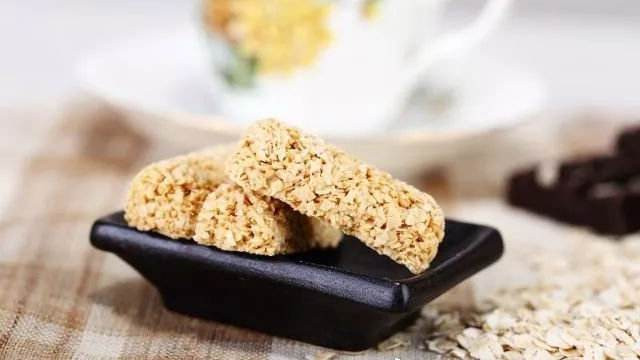
Some cereals also contain certain health-care special ingredients or active substances that have great potential for the application of sports nutrition food processing. This paper introduces the types, nutritional value and health effects of cereals, and summarizes the application status of cereals in sports nutrition foods in China, and provides an important reference for promoting the development of cereal sports nutrition food industry. Cereal bar manufacturing equipment
With the continuous improvement of living standards, cereals have become the main consumer goods of people's daily diet. According to the data of the National Grain Exchange Center, all kinds of grain and oil were sold through the national grain electronic trading platform of 78.172 million tons, a year-on-year increase of 102.9%, and the turnover was 136.42 billion yuan, a year-on-year increase of 61%. Cereals are divided into staple foods and miscellaneous grains, but most people still use staple foods as their main purchases, while miscellaneous grains are relatively low in consumption due to their taste and other reasons.
In fact, some cereals are significantly better than the staple food in terms of nutrients. China's latest version of the dietary guidelines also mentioned that it is necessary to pay attention to the reasonable mix of thickness, often ingesting some miscellaneous grains, which is beneficial to the health of the human body. Studies have shown that cereals are rich in nutrients and can be used as raw materials for the production of sports nutrition foods.
This paper introduces the types of cereals, nutritional value and health benefits, and analyzes the application status of cereals in sports nutrition foods, and provides reference for enriching the variety of grain sports nutrition foods.
Grains include rice, wheat, millet, soybeans and other miscellaneous grains. Among them, grains include: barley, sorghum, oats, buckwheat, coix seed, and cowpea, mung bean, red bean, cowpea, broad bean, pea, black bean and so on. Cereals are characterized by short growing seasons, extensive plantings, and generally rich in nutrients. China has abundant grain resources and can be divided into four categories according to varieties: cereals, miscellaneous beans, and oils.
The protein content of cereals is between 8% and 12%, but there are also some varieties that reach about 20%, such as red beans and sesame. Most cereal grains have a relatively high protein content in the outer layer, but we usually eat rice and flour that have been removed from the outer skin, and the protein content is greatly reduced. Therefore, in the daily diet, different food varieties should be mixed or eaten with meat and meat to increase the physiological value and utilization value of cereal protein.
The fat content of cereals is relatively low, about 2% to 4%, but the fat content of oily cereals is generally high. For example, the fat content of black beans is 15.9%, while the fat content of sesame is 46.1%, which is almost 50%. The fat of cereals is mainly found in aleurone and grain embryos, mostly unsaturated fatty acids, and a small amount of phospholipids. Most of the carbohydrates in cereals are mainly starch. Except for black beans, which are 33.6% and oil-based cereals, most of the cereals contain more than 60% carbohydrates.
In addition, the vitamins and trace elements in cereals are also very high. Among them, B vitamins contain higher levels of vitamins B1, B2 and niacin, and some cereals also contain more vitamin E. Calcium, phosphorus and iron are the main trace elements in cereals. The content of these trace elements can usually reach 1%.
Nutrition believes that the best diet is actually a balanced diet. The same is true for food intake. Eating only rice and wheat flour does not meet the principle of balanced diet. Therefore, on this basis, some miscellaneous food items, such as millet, buckwheat, sorghum, oats, etc., are used in the diet to achieve the meal. Balance.
In addition, cereals, especially cereals, contain special nutrients such as potassium, calcium, vitamin E, folic acid, and bioflavonoids, which also make the grain more nutritious.
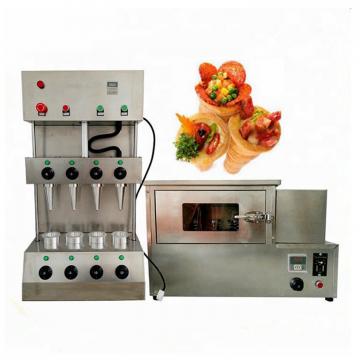 Manufacturing plant automatic factory puffed sticky rice cracker production line
Manufacturing plant automatic factory puffed sticky rice cracker production line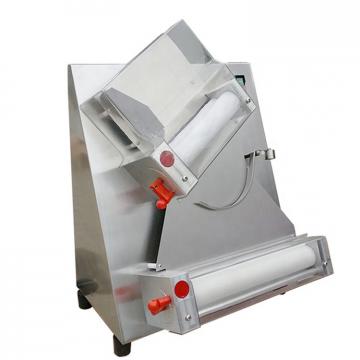 JiaHao machinery PVC Edge Band Sheet Production Line High intensity different color to choose producing PVC edge banging
JiaHao machinery PVC Edge Band Sheet Production Line High intensity different color to choose producing PVC edge banging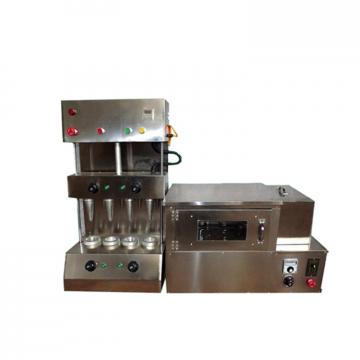 Wholesale products plastic extrusion machine for WPC flooring extrusion line
Wholesale products plastic extrusion machine for WPC flooring extrusion line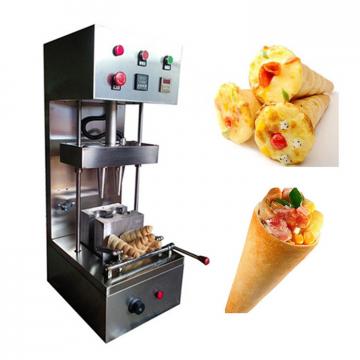 Best Price Pizza Cone Machine / Pizza Making Machine Production Line
Best Price Pizza Cone Machine / Pizza Making Machine Production Line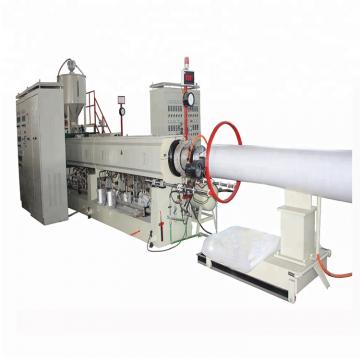 Factory Supply Dough Divider Cutting Dough Ball Pizza Dough Ball Machine/Bread Production Line
Factory Supply Dough Divider Cutting Dough Ball Pizza Dough Ball Machine/Bread Production Line